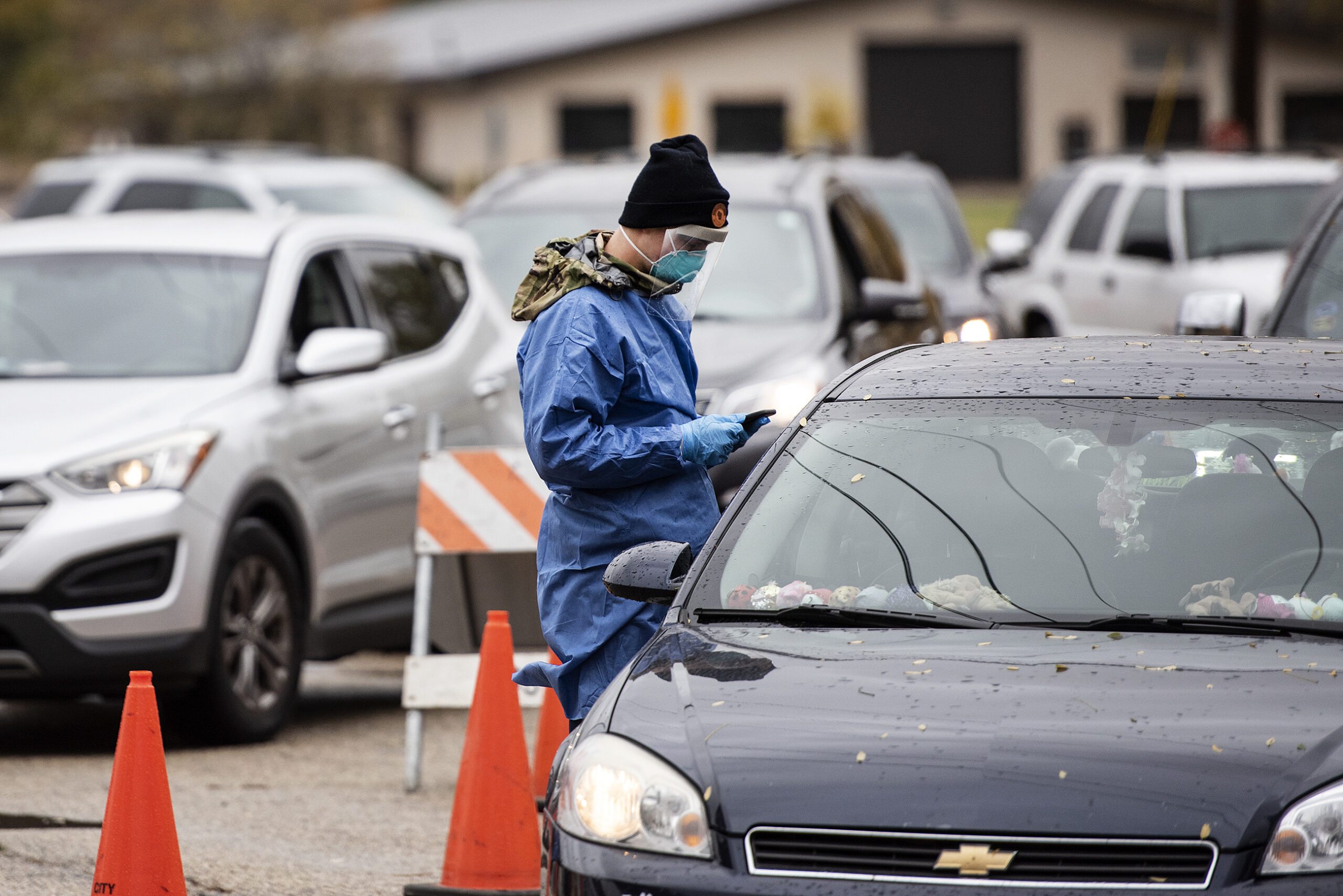
- Select a language for the TTS:
- UK English Female
- UK English Male
- US English Female
- US English Male
- Australian Female
- Australian Male
- Language selected: (auto detect) - EN
Play all audios:
Henry Bodkin in San Antonio 01 November 2017 12:01am GMT Women could be told from the beginning of pregnancy if they are at high risk of miscarriage or premature birth thanks to a highly
accurate new tests. Leading scientists have described as “very exciting” a breakthrough technique which can detect serious complications months in advance, giving doctors the chance to
intervene and save lives. It means that being told the likelihood of a devastating event could soon become a routine part of a doctor confirming a woman is pregnant. Miscarriage charities
welcomed the new technique. Obstetricians can currently provide expecting mothers little or no warning of premature birth, miscarriage or preeclampsia, a life-threatening blood pressure
disorder which kills up to 1,000 babies a year. But researchers have now identified a handful of molecules unlocking the fundamental biology of these conditions, which are present long
before any symptoms arise. Scientists have so far devoted largely unsuccessful efforts to searching for blood biomarkers from the placenta. However, the team at the Laboratory of Premature
Medicine and Immunology in San Francisco turned their attention to the placental bed, the thick mucous membrane that lines the uterus during pregnancy. Their discovery of 30 molecules
relating to gene expression will enable newly pregnant women to undergo to a simple blood test able to determine their risk. Britain has one of the highest rates of premature birth in
Europe, with roughly one in nine babies born before 37 weeks gestation. If doctors are aware a woman is at high risk of early delivery they can monitor her more closely and potentially use
hormone drugs to delay the date of birth. While there little that can be done to prevent miscarriage, the test can help women prepare for the eventuality. By contrast, preeclampsia can be
monitored and better managed the earlier it is detected. Around three per cent of pregnant women suffer the condition where blood pressure is raised to levels that threaten both mother and
child. The only cure is to deliver the baby, meaning doctors can sometimes be forced to induce dangerously premature births. Tim Child, assistant professor of obstetrics and gynaecology at
Oxford University, said the new research was “very promising” and described the statistical relationship between the discovery of blood biomarkers in patients in the study and their
subsequent complications as “very, very strong”. Presented at the American Association of Reproductive Medicine annual congress in Texas, the four combined studies involved 160 births.
Searching for microRNA in blood immune cells, the team were able to predict miscarriage and late preeclampsia with around 90 per cent accuracy and premature birth before 34 weeks with around
89 per cent accuracy. Premature birth between 34 and 38 weeks was predicted with 92 per cent accuracy. Professor Simon Fishel, an IVF pioneer and founder of Care Fertility, said a warning
highlighting blood flow problems in the placental bed, potential treatments include blood thinning drugs such as heparin. “Specialist obstetricians have means to help manage such disorders
and early recognition of these complications is vital. “Further support and evidence for this biomarker could indeed be an important tool in the management of these high risk pregnancies.”
He added that to be ‘forewarned is forearmed’ when dealing with pregnancy complications. Specialist obstetricians have means to help manage such disorders and early recognition of these
complications is vital. Further support and evidence for this biomarker could indeed be an important tool in the management of these high risk pregnancies.’ “Our combined analysis supports
the idea that the Great Obstetrical Syndromes have a common biological origin early in the first trimester that can be detected throughout the first trimester using peripheral blood cell
microRNA,” the researchers said. Miscarriage | The facts Roughly one in four pregnancies end in miscarriage, although this reduces to one in six pregnancies where the mother knows she is
pregnant. Around 80 per cent occur in the first 12 weeks’ gestation. Barbara Hepworth-Jones, Vice Chair of the Miscarriage Association, said: “This is very welcome news. “Much research is
still needed before we fully understand the causes of pregnancy complications including miscarriage, and can then look for treatments. “But this holds real hope for the future.” A recent
study found that giving aspirin to women at high risk of pre-eclampsia could reduce their chance of preterm pre-eclampsia by 60 per cent.






